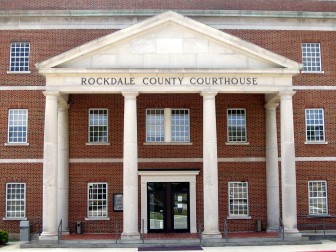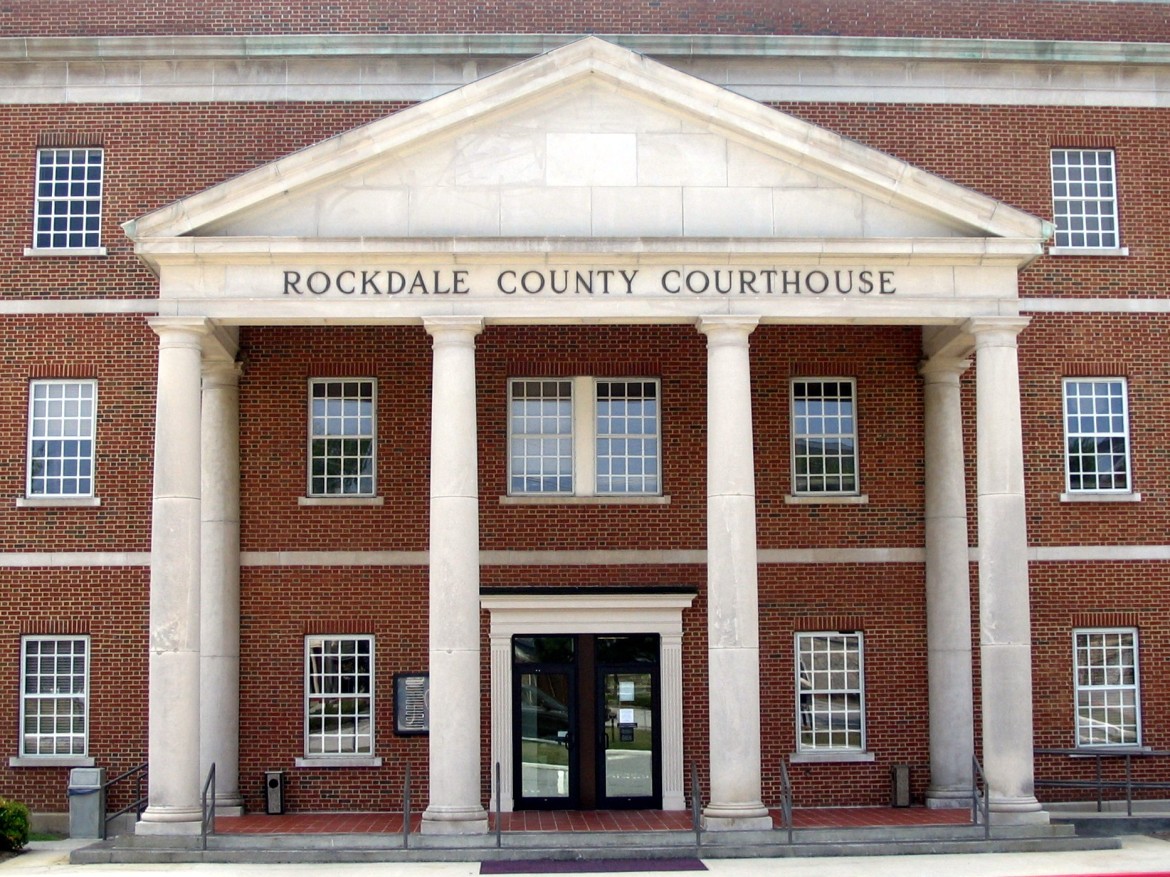 Georgia’s Criminal Justice Coordinating Council (CJCC) recently awarded the Rockdale County Juvenile Court $150,000 to fund a Functional Family Therapy (FFT) program, a form of evidence-based, at-home treatment for juvenile offenders.
Georgia’s Criminal Justice Coordinating Council (CJCC) recently awarded the Rockdale County Juvenile Court $150,000 to fund a Functional Family Therapy (FFT) program, a form of evidence-based, at-home treatment for juvenile offenders.
Rockdale is among several counties that applied earlier this year for the CJCC’s statewide Juvenile Justice Incentive Grant Program, which is intended to fund local alternatives to juvenile detention. In total, the grant program awarded nearly $4 million to 16 counties through the sweeping juvenile justice reform package passed earlier this year by the Georgia legislature.
The county is among the top 18 in Georgia for committing youth to state Department of Juvenile Justice (DJJ) facilities. About 30 families are expected to receive FFT services when the program begins Oct. 1.
“Oftentimes, the judge ends up having to commit children to the Department of Juvenile Justice because we don’t have any alternatives,” said Teresa Gordy, Rockdale County Juvenile Court Program Administrator. Gordy said the court had many programming options, but chose FFT due to its emphasis on intensive at-home services.
“Functional Family Therapy focuses on the entire family in the home,” Gordy said. “Those tend to be the children we see being committed more, the ones who have turbulent home lives.”
To receive future funding, the court must decrease felony commitments and short term placements by 15 percent, and maintain 60 percent program completion. Outcomes of the program will be tracked for one year.
The court has partnered with Evidence-Based Associates, which will run the program. FFT services, alongside already installed juvenile court diversion programs, may be used in tandem for some young offenders in Rockdale County, Gordy said.
“If it seems to be a family that really struggles relationship-wise, they’re going to be a prime candidate for FFT,” she said. “Some children have kind of been through our other programs, and as we got to know the child, we realized there were some really serious issues in the home. So then, at that point, we would make a referral to FFT.”
Gordy said referrals to the program, can stem from virtually any type of juvenile offense. “That can be anything from battery to family violence to burglary,” she said. “If they’ve exhausted pretty much all the community’s resources, and the next step is for the judge to commit them to the [DJJ], then they would be a great candidate for Functional Family Therapy.”
Offenders ages 11 to 18 are eligible for FFT slots. The program, Gordy said, will consist of 12 to 14 sessions per case, over the course of three to four months. Foster care youth and young people designated as Children in Need of Services will likely be ineligible for the program, she said.
Joe Vignati, Justice Division administrator for Georgia’s Governor’s Office for Children and Families, said this kind of grant allows courts to use detention alternatives, that were not available in the past to judges.
“One of the difficulties is that they’re faced with a dilemma of either sending a kid to the RYDC and committing them to the Department of Juvenile Justice, or putting them on probation in the community,” Vignati said.
“A lot of communities don’t have these specific community-based resources to deal with issues that kids that come before the courts sometimes have,” he said. “This is an opportunity, this is seed money, to allow courts to use evidence-based services that they did not have the opportunity to do before.”
